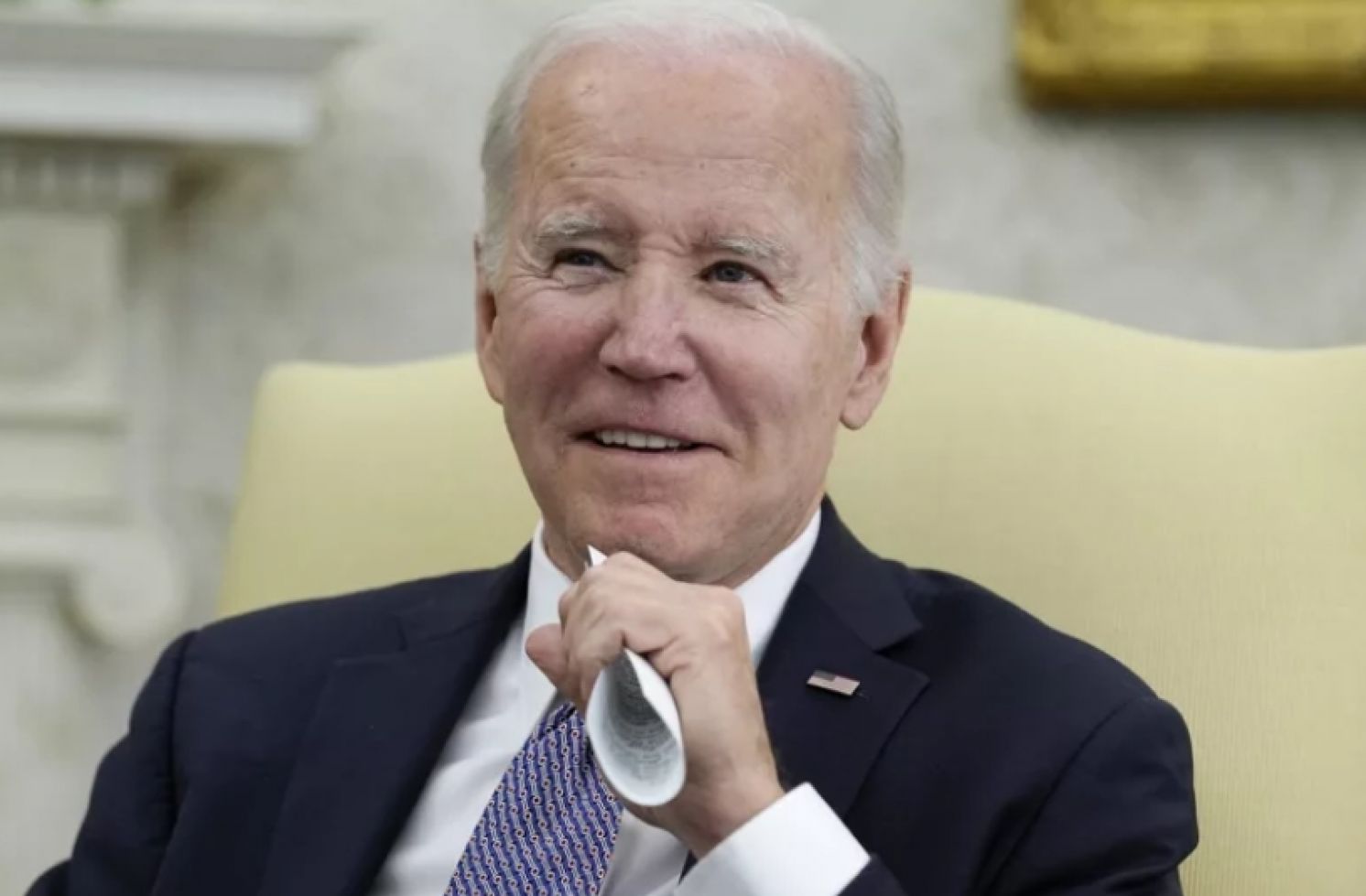
This Week in Taiwan 0507-0513
May 7: According to Bloomberg News, the administration of President Joe Biden in the United States is planning to use Presidential Drawdown Authority (PDA) to provide $500 million in arms aid to Taiwan, but the details remain unclear. The PDA provided the basis for emergency authorization by the United States to accelerate military aid to Ukraine and would be a first for Taiwan. During interpellation at the Foreign and National Defense Committee of the Legislative Yuan, Minister of National Defense Chiu Kuo-cheng stated that the $500 million in additional funding will be used to make up for deficiencies resulting from the delayed delivery of Taiwan's arms procurements.
May 8: According to a recent report submitted by the Ministry of National Defense to the Legislative Yuan, a total of 4,066 volunteer soldiers were deemed unfit for active service and retired early last year, setting a record high in recent years. Among them, individual applications accounted for 92.4 percent, and only 7.6 percent were those who left military duty. According to statistics, as of June 2022, about 162,000 volunteers serve in the Armed Forces.
May 9: The National Palace Museum (NPM) recently received two threatening letters consecutively, stating that remote-controlled bombs will be installed in the northern and southern courtyards, and individuals will rush into the NPM, killing people randomly and throwing fire-lit bottles. The NPM reported the matter to the Office of Homeland Security, Executive Yuan, and the police. The NPM has also launched emergency response measures to strengthen comprehensive security checks in the north and south courtyards and deploy additional police patrol.
May 9: The Ministry of Foreign Affairs announced that Liz Truss, member of Parliament and former prime minister of the United Kingdom, will visit Taiwan from May 16 to 20. She will be the first prime minister after Margaret Thatcher to visit Taiwan. Alicia Kearns, a fellow Conservative and chair of the Foreign Affairs Select Committee of the House of Commons, criticized the upcoming visit as the "worst kind of Instagram diplomacy" that will only escalate tensions in the Taiwan Strait. The Guardian indicated that the upcoming visit by Truss may disrupt Britain's prudent and balanced approach to relations with mainland China.
May 9: According to latest trade statistics, mainland China's exports to Taiwan in April amounted $5.9 billion, representing a decrease of 14.4 percent. Imports from Taiwan were NT$15.2 billion, a decrease of 26.7 percent. From January to April this year, the mainland imported $59.7 billion from Taiwan, a sharp drop of 27.5 percent. The great recession in cross-strait trade may be related to the limited supply of chips and slow economic recovery after the pandemic. Continued cross-strait tensions may have also contributed to the decline.
May 10: In 2020, the National Communications Commission (NCC) determined that CtiTV News violated regulations and decided not to approve its license renewal application, which led to the channel's withdrawal from cable television. CtiTV filed an administrative lawsuit to claim relief. The Taipei High Administrative Court held that the NCC did not conduct review complying with statutorily mandated procedures and ruled to revoke the NCC's administrative decision. The NCC can reconsider the CtiTV case according to the court's opinion, or it can appeal. CtiTV thanked the judgment for preserving the dignity of free press and fundamental values of the Constitution. The NCC expressed regret and will appeal.
May 12: The Taiwan Public Opinion Foundation (TPOF) released the latest poll on whether voters would like the Democratic Progressive Party (DPP) to remain in power after the 2024 presidential election. The results show that 42 percent approve, while 47 percent disapprove. Chairman You Ing-lung of the TPOF stated that a majority of young and middle-aged voters aged 25 to 64, voters with a high school education and above, and moderate voters disapprove. These trends mean that serious political consequences could befall.
May 13: Terry Gou, founder of Foxconn who is vying for the Kuomintang's (KMT) presidential nomination, made a "peace declaration" in Kinmen, advocating that on the basis of "One China, with respective interpretations" and holding firm the position of the Republic of China, Taiwan should resume negotiations with mainland China and use Kinmen as a new permanent location for negotiations.
According to Gou, the "1992 Consensus" includes both "One China" and "respective interpretations," which are equally important. The 1992 Consensus provides the basis for cross-strait negotiations which have become impossible because the DPP administration deliberately replaced "One China, with respective interpretations" with "Two Chinas," "One China, One Taiwan," and "one country on each side." These moves have created ethnic hostilities and torn Taiwan apart.